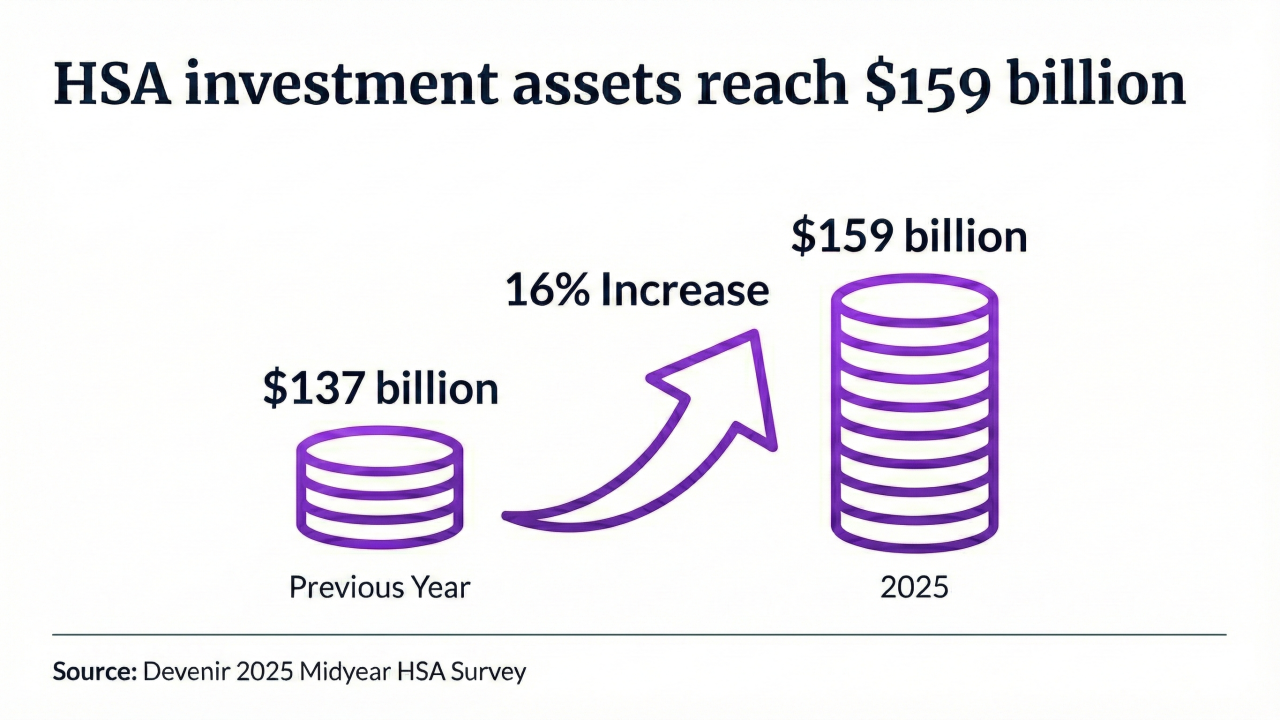In a recent survey conducted by Transitions Optical, only 16% of employees reported getting education from their employer related to their eye health, a gap that is reflected by a lack of understanding of how many lifestyle choices and activities can affect the human eye. Most expressed awareness of how aging (83%), ultraviolet exposure (70%) or lack of sleep (64%) could negatively impact ocular health, but other risks were less recognized.
"By educating their workforce about the eye health impact of many of the things that we do every day ... employers can help protect their employees' vision and maybe even persuade them to change unhealthy habits, helping employers and their employees reap the benefits of lower health care costs and increased productivity," says Smith Wuckoff, a key account manager with Transitions.
Here are three of the less notorious risks to eye health, as well as a false one that Transitions says has been oversold.
Smoke in the eyes
Fifty-five percent of surveyed employees were aware that smoking can be bad for eye health, but only 1 in 4 know that smoking could lead directly to eye diseases, including glaucoma, macular degeneration and cataract development. Australian researchers have estimated that smoking causes or contributes to 20% of new blindness cases in people over 50 years old.
Watch your meds
Certain medications prevent possible vision risks, though doctors usually discuss these with patients. Less refereed are over-the-counter herbal supplements and vitamins, and only 23% of those surveyed realize these can be risky.
The National Eye Institute has found positive effects from vitamins A, E and C, and possible benefits from omega-3 and omega-6 fatty acids, but there is some evidence that certain supplements, such as St. John's Wort, which is used to treat depression and anxiety, can lead to lens and retinal light damage.
She has her mother's eyes
Only 19% of respondents knew that pregnancy could pose eyesight risks. While usually minor and temporary, the ocular problems that expecting mothers experience can include dry eyes and blurry vision. Fluid retention, common during pregnancy, can change the thickness and shape of the cornea.
Eye want my MTV
Transitions says many employees incorrectly think that spending too much time in front of a computer (70%) or a television set (48%) can be detrimental to eye health. "While too much time in front of a computer or TV can lead to problems such as headaches, eye strain and fatigue," it says, it is not believed to cause permanent, long-term damage to the eyes."





